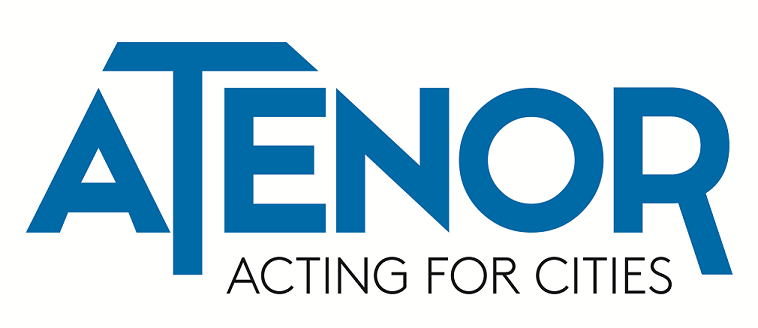Vladimir Putin To Visit Budapest On February 17
- 22 Jan 2015 12:45 AM

” According to the Hungarian News Agency (MTI) Szijjártó believes EU sanctions implemented against Russia, as well as Russia’s sanctions in reaction against Western countries, raise “many issues for discussion.” He pointed out that Hungarian exports to Russia have fallen by 13 percent since the introduction of sanctions.
Not known at this time is whether the topic of economic sanctions will be on the agenda. Earlier, Russian policy expert Zoltán Sz. Bíró hinted to Klubradio that Putin’s main reason for visiting Hungary is to forge a coalition within the EU willing to support at least a partial lifting of punitive economic sanctions targeting Russia’s economy.
Vladimir Putin is not in the habit of traveling to small, central European countries for the purpose of holding bilateral talks. February’s visit will only be the second time he has visited Hungary since being elected Russian Federation President in 2000. Putin visited Hungary once during Ferenc Gyurcsány’s socialist government in 2006. By contrast, he has traveled to Germany on fourteen occasions to meet German leaders.
Human Platform, a coalition of opposition activist groups has invited Hungarians to express their discontent with Orbán’s foreign policy of forming closer ties with Russia, as well as with the aggressive expansionist politics of Putin in neighboring Ukraine by participating in a symbolic act of protest to take place the day before Putin’s visit at 6 pm.
“Let us not be Putin’s colony” protesters will march from Budapest’s Eastern Railway Station (Keleti Pályaudvar) to its Western one (Nyugati Pályaudvar) via Budapest’s historic downtown area.
Source: The Budapest Beacon
The Budapest Beacon is a media partner of XpatLoop.com



























LATEST NEWS IN current affairs